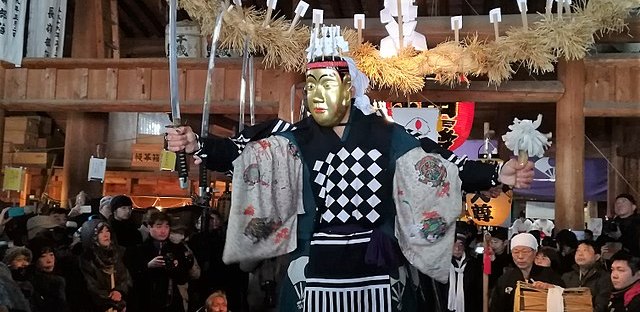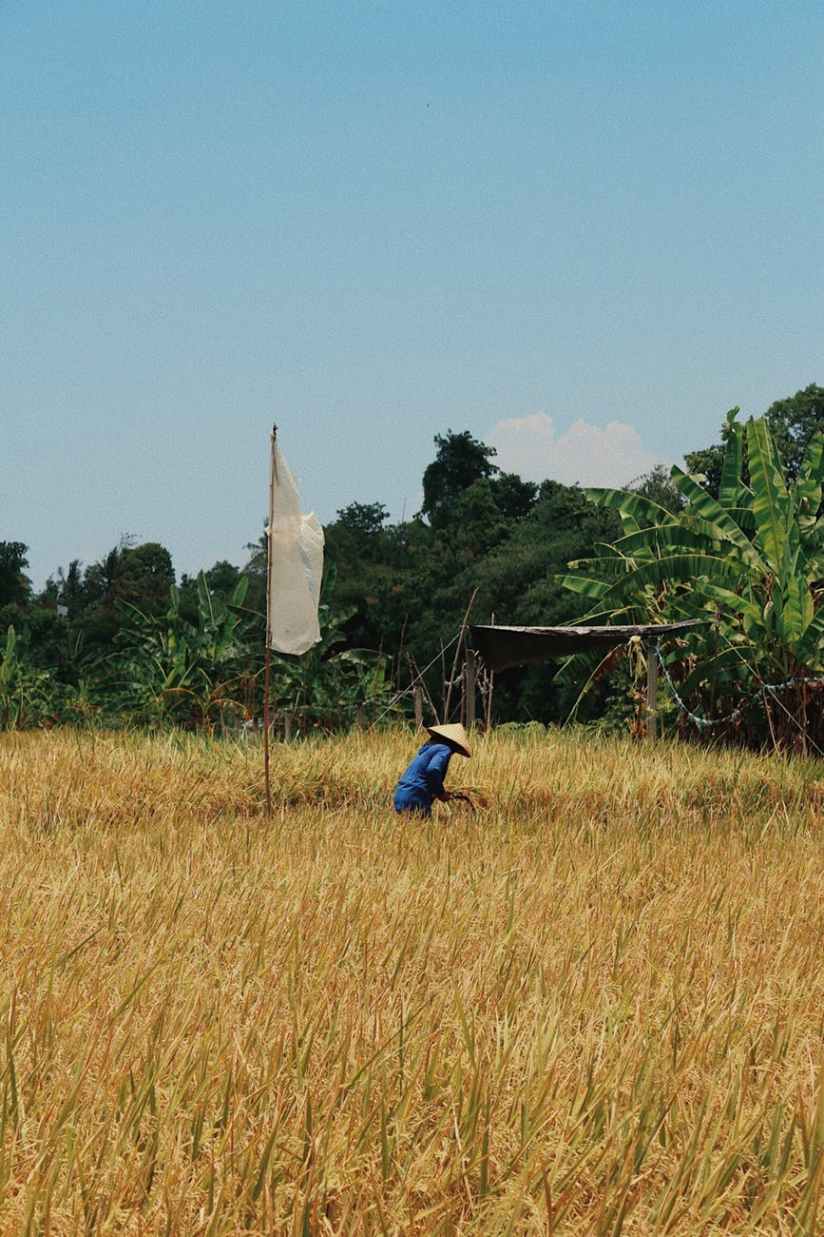
Submission by Dr Jenny Barnett and Dr Joe Hardwick
When Dr Jenny Barnett started to research the history of the unicorn for her doctoral thesis it was unlikely she could have predicted the public’s interest in her work would have taken off as much as it has. A resurgence in the public’s fascination in the mythical unicorn has seen Dr Barnett’s expertise being called upon numerous times to provide a glimpse into the mysterious history of this fantastic creature. Just last year, she was interviewed by Paul McIntyre for ABC Radio Hobart, and more recently wrote an explainer article for the academic news website The Conversation.
Dr Barnett’s 2010 thesis explored Maurice Scève’s Délie, objet de plus haute vertu, a French book of emblems and poetry written in 1544 , and examines Scève’s use of woodcut images as a compliment to his textual explorations of the “dangerous” and “fatal” acts of seeing. Scève uses figures such as the unicorn to reinterpret myths and legends to show that “the act of seeing is always pervaded by fear, deception and death”. Barnett notes that the “[s]cenes of sight and mirrored reflection in the woodcut images tell us more about the gaze than the ‘literary images’ in the text alone”. Continue reading “The Unicorn’s Journey from “Indica” to Instagram”









